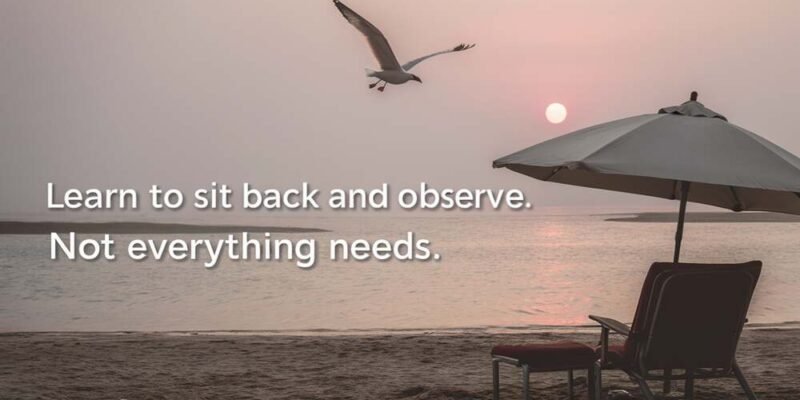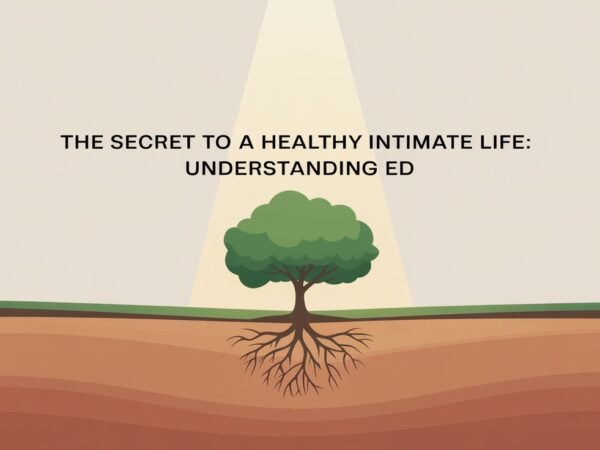In today’s fast-paced world, the mantra “learn to sit back and observe. not everything need – tymoff” offers a refreshing perspective. This philosophy encourages a mindful and deliberate approach to life, promoting observation over impulsive reaction. By embracing this mindset, individuals can gain deeper insights, make better decisions, and foster healthier relationships. This article delves into the importance of sitting back and observing, explores practical ways to cultivate this skill, and highlights its benefits across various aspects of life.
The Importance of Observation
Enhanced Self-Awareness
Enhanced self-awareness is one of the primary benefits of learning to sit back and observe. When we take a moment to step back and reflect, we better understand our thoughts, emotions, and reactions. This self-awareness is crucial for making conscious choices and avoiding knee-jerk responses that might not serve our best interests. By observing our internal state without immediate judgment, we can recognize patterns in our behavior and make more deliberate decisions.
Improved Communication
Effective communication is another significant benefit of this approach. Observing before reacting allows us to better understand the other person’s perspective. By listening actively and noting non-verbal cues, we can respond empathetically and constructively. This leads to stronger relationships and more meaningful interactions. This skill can be precious in professional settings, enhancing teamwork and collaboration.
Better Decision-Making
Hasty decisions often lead to regrettable outcomes. Observing a situation allows us to gather information, assess our options, and make informed choices. This deliberate approach reduces the likelihood of errors and increases the chances of achieving desired results. Whether in personal life or business, pausing and reflecting before acting can significantly improve decision-making quality.
Practical Ways to Cultivate Observational Skills
Mindfulness Meditation
Mindfulness meditation is a powerful tool for cultivating the skill of observation. Regularly practicing mindfulness trains our minds to be present and attentive without rushing to judgment or action. Even a few minutes of daily meditation can enhance our ability to observe calmly and clearly.
Create Pause Points
Intentionally creating pause points throughout the day can help integrate the practice of observation into our routine. Before responding to an email, entering a meeting, or engaging in a conversation, taking a brief moment to breathe and observe our thoughts and surroundings can make a significant difference.
Journaling
Keeping a journal encourages reflection and observation. We can gain valuable insights into our patterns and behaviors by writing about our experiences, thoughts, and observations without the pressure to act on them immediately. This practice can be particularly beneficial for personal growth and self-awareness.
Nature Observation
Spending time in nature provides an excellent opportunity to practice quiet observation. Whether in a local park or a wilderness area, nature offers a peaceful environment in which to connect with the world around us and sharpen our observational skills.
Digital Detox
Regularly disconnecting from digital devices allows us to observe our immediate environment and internal state without constant external stimuli. This can reduce distractions and improve our ability to focus and observe.
Balancing Observation and Action
While the philosophy emphasizes observation, it does not advocate for complete inaction. Instead, it’s about discerning when to act and when to observe. Immediate action is necessary in emergencies or time-sensitive situations, but in most other cases, taking a moment to observe can lead to better outcomes.
Situations Requiring Immediate Action
There are times when swift and decisive action is necessary. For instance, emergencies and safety concerns demand immediate intervention to minimize harm. Similarly, time-sensitive opportunities require prompt responses to avoid missing critical chances.
Situations Where Observation is Beneficial
In many situations, observation can be more beneficial than immediate action. For example, during disagreements or misunderstandings, observing the situation can help identify the root cause of the conflict and allow for a calm and measured response. Emotional situations also benefit from observation, as taking a moment to detach from the emotional charge can lead to more empathetic and effective communication.
Long-Term Benefits of Mastering Observation
Improved Decision-Making
Over time, mastering the art of observation leads to improved decision-making. By consistently gathering information and assessing situations, our decisions become more thoughtful and aligned with our values and goals.
Enhanced Relationships
Observation enhances our ability to understand and empathize with others, leading to deeper and more meaningful connections. By observing without immediate judgment, we can respond more thoughtfully and supportively, fostering stronger relationships in both personal and professional spheres.
Reduced Stress
Constantly feeling the need to react to everything can be mentally and emotionally exhausting. By learning to sit back and observe, we can reduce this pressure and experience a significant reduction in stress levels. This approach allows us to conserve energy for situations requiring attention and thoughtful response.
Increased Creativity
Observation fuels creativity by exposing us to new ideas, experiences, and perspectives. By observing the world around us, we can gain fresh insights and inspiration that lead to innovative thoughts and breakthroughs.
Greater Life Satisfaction
Appreciating moments without always needing to act on them can lead to a more profound sense of contentment and fulfillment. By embracing the power of observation, we open ourselves to a richer and more meaningful life experience.
Conclusion
In a world that often demands immediate action and constant engagement, the advice to “learn to sit back and observe. not everything need – tymoff” offers a valuable and refreshing perspective. By cultivating the skill of observation, we can gain deeper insights, make better decisions, and foster healthier relationships. This approach encourages mindfulness and thoughtful engagement with the world, leading to a more fulfilling and balanced life.
Embracing this philosophy means staying active and energized. Instead, it’s about developing the wisdom to know when to act and when to observe. By incorporating moments of observation into our daily routine, we can navigate life’s situations with greater clarity, understanding, and purpose. So, the next time you feel the urge to react, take a moment to breathe, step back, and observe. You might be surprised by the clarity and control you discover.













